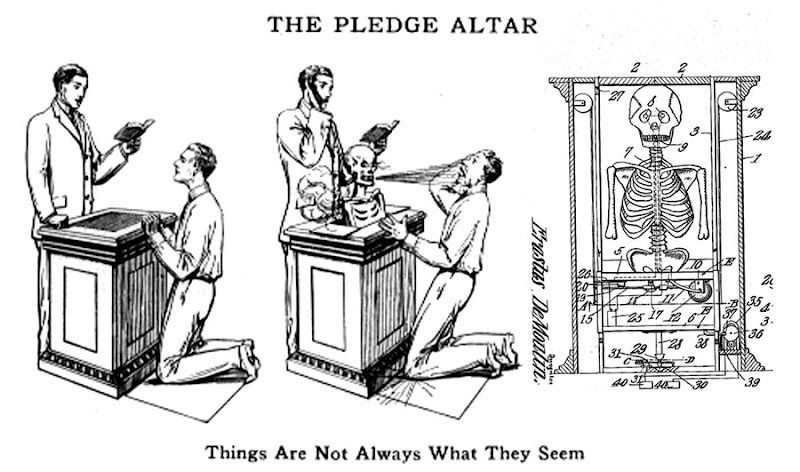
Inside
Post Circle007. Inside (the circle)
All my life I have seen humour as one of the best traits you could find in a person. If you had wit and repartee I would almost certainly try to spend more time with you, verbal prowess meant more to me than skills in maths, sports, or science.
Humour, and JOKES is how you make friends, how you stay popular, how you indicate your status in the world. This line of thinking worked well for the first 30 years of my life. By then I had realised that you sometimes didn't need to be the loudest person in the room, that you didn't have to treat every sentence any other person uttered as a set up for a smashing punch-line, and I had moderated my desire for always finding the strange or unexpected connection that would make the mundanest of proclamations turn on its head, making it funny or hilarious.

What I realised only recently however, don't know exactly when, certainly in the last 5 years, is that since what binds us together in humour is the shared understanding of the joke—we share the context, and we grasp the nature of the connections that makes this particular thing funny—jokes are by their very nature exclusionary. When understanding a joke you become sworn in to the secret society that share this particular piece of knowledge. And you do this at the expense of everyone else who remain on the outside. The laughter is an indication that you have moved inside the circle, leaving the uninitiated in the cold.
Is this a problem? I don't know. I think it certainly helps to understand that each time you invite someone someone in a group in, you are excluding the others. You can do this being utterly boring too of course, but remembering that there is an inside and an outside, and that you're placing people on that map might be important.